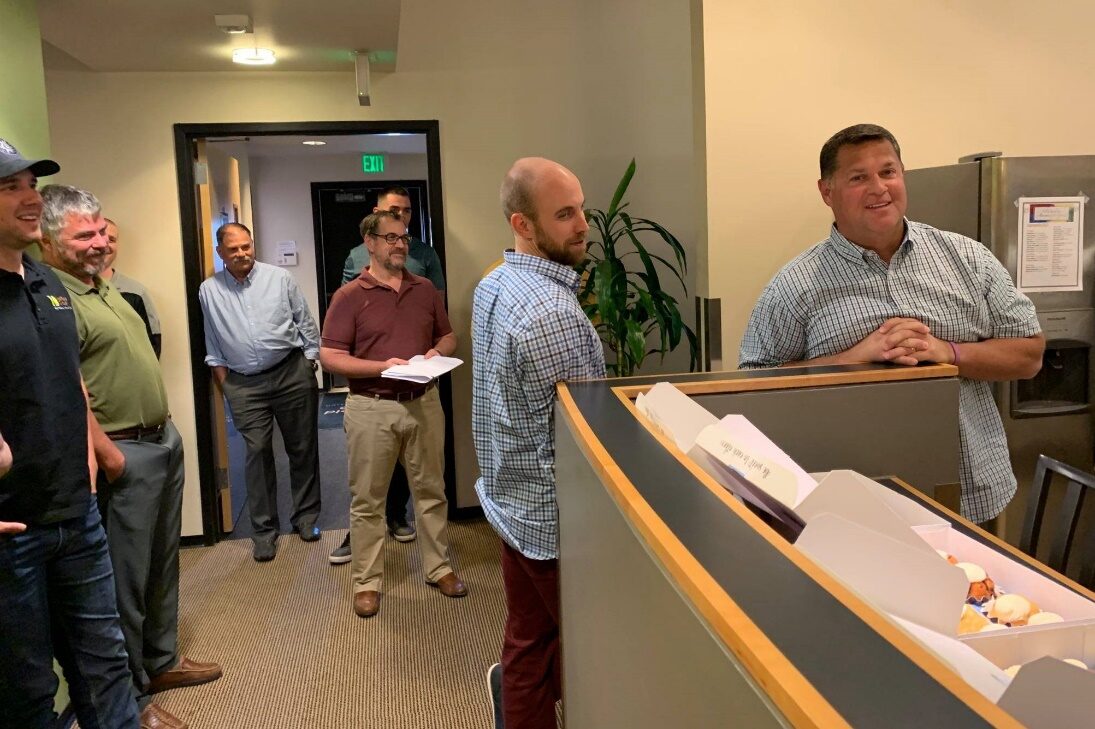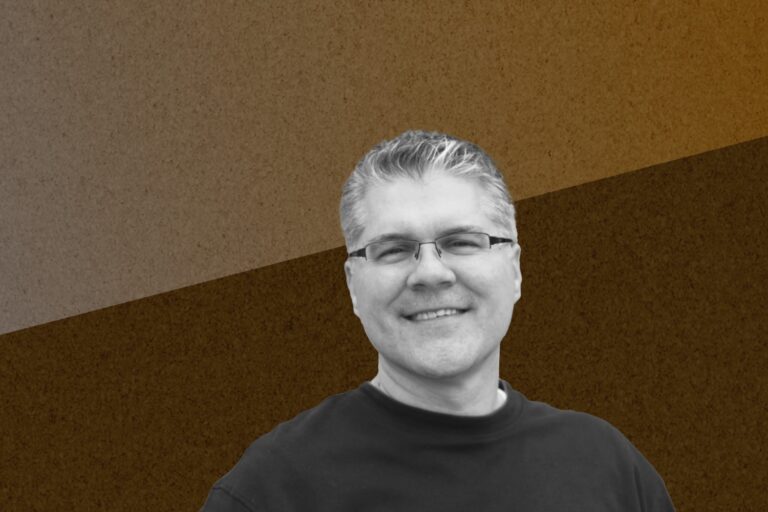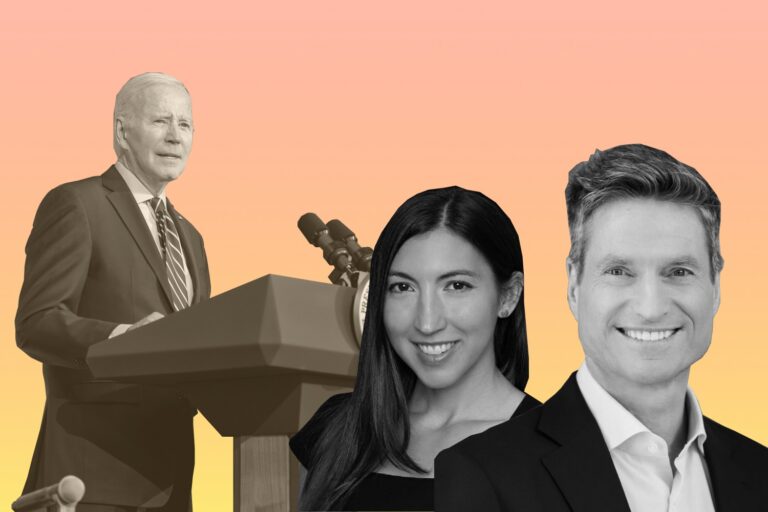Weifield to Conquer Unique Time and Learn ‘Good’ Business Priorities
Around 2002, when the four partners Kala Nugent, Seth Anderson, James Selecky and Pete Farreny came together to found Weifield Group as the first electrical contractor in its region to design and build the energy project NetZero as well as Colorado’s first LEED Platinum project. Throwing back time, the private company was formed in a time of adversity due to the tragedies of 9/11, yet it becomes the biggest advantage as its founders learned how to do more with less.
On top of that is its focus on doing meaningful business by understanding the rule of mutual purpose to create win-win relationships and scenarios.
Outgrown in Unique Time
The firm’s ongoing growth is rooted in its origins of being born in the hassle. In an article of Business Focus, the leadership brings about their story of starting out with no relationships and only grassroots’ effort to survive.
“It was a good decision for us and a unique time to start because we got together in a bad economy,” comments Nugent. “Because we started in a lean economy, we knew specifically where we had to be in production rates and what we needed to do to be healthy and alive.”
Growing from just the core group to hiring journeymen electricians, estimators, and projects managers, etc. The firm disciplined itself in keeping up with the latest industry development such as LED, virtual design, energy modeling, and other rapidly changing areas which makes it perfectly suitable for projects and retrofits in various ranges of multi-million-dollar.
“We always say that we don’t want to be bleeding-edge technology but cutting-edge technology,” says Seth Anderson, chief executive officer at Weifield Group Contracting, LLC. “We want to make smart, innovative decisions about the technologies and capabilities that can bring the most value to our clients without being lured by the latest technologies that aren’t a substantial value-add.”
Opting diversity in sector and range of work had pushed and the company to stretch its people to continuously outgrow while becoming more flexible as well as agile on and off the field. Particularly with its seasoned experience and in-depth knowledge of both traditional and modern technologies, the firm takes pride in its diverse portfolio of projects including residential, industrial, infrastructure, and waste water retail and mixed-use developments, data centers and technical buildings, education institutions as well as LEED and NetZero energy-efficient and solar projects
In brief, through reinvesting profits back into the operation by equipping new people with solid and intense training as well as meaningful technology – the company is not only raising its revenue but also fostering an employee base of highly skilled people within a culture where teams know they are the most important element.
The Priorities of Good Business
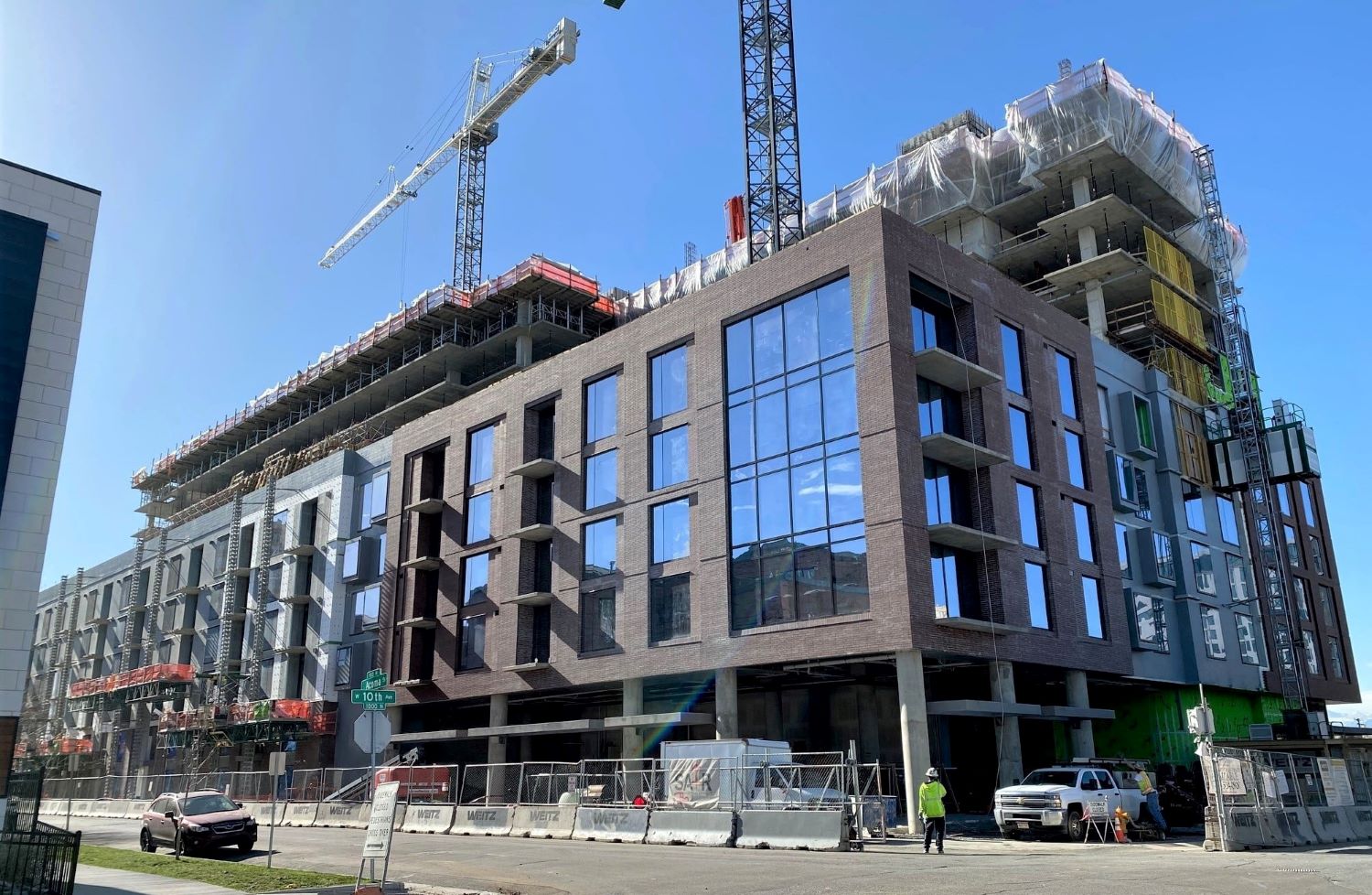
In a whole-hearted way, the company makes the effort to transform its communities by putting forward meaningful business strategies that include giving back and providing employment. In an interview with AEI, Karla Nugent, the firm’s co-founder and Chief Revenue Officer, talks about her direction and how she sees business as an outlet for large scale social change.
“I knew that it was just another industry and that anywhere you apply process discipline, people skills, and hard work—it’s still just business, anywhere you are, and wherever you land, you always have a great opportunity to make a difference.”
From which point of view, the co-founder addresses her first priority of good business to be the firm’s people. The business marketplace touches so many walks of life, she says, it gives people an opportunity to spend time with people you normally would not in time of stress, loss, victory and happiness. For that reason, people are always in need of leaders that could help set the standards of ethics and increase the human value of work so employees are not just a number.
“Business can be seemingly shallow, with profit as the only goal. However, not everyone operates that way, and you do not have to be ‘everyone’,” Nugent explains.
With volunteering staff, the chief makes community impacts by promoting and giving philanthropically to the area’s less fortunate, women, children, and veterans. All of which, according to her, would give her entire company a sense of ownership – a better approach toward the meaning of their work and tell how Weifield is not only making money for itself.
It is true that businesses need to satisfy investors and customers, yet talented employees hold the same account. And because bigger paycheck has never been the best incentives, she thinks about a culture shift toward building an operation that prioritize the human-side of the business, “as business owners, we are in a role to set an example and encourage employees to serve others. I often think to myself when you are maximizing your business resources to help – your employees would ‘catch’ the contagiousness of your goodwill efforts.”
Over time, the groundwork of philanthropic efforts has taken to the height that she did not expect. “It started as a way to connect the head-of-household group, a challenged group that had faced homelessness, substance abuse or a criminal past and get them into an internship with the company.” It is a program that matches individuals with Weifield to work in prefabrication and if they showed initiative and success, the firm would place them into its four-year apprenticeship program.
That is where both parties found their mutual purpose and created a win-win relationship where employees are given the opportunity to start something new while companies gain their loyalty.
Besides, by paying for all apprentices to go through a four-year program and providing other initiatives, the company has invested in its people and itself. “We’ve invested in our culture and care about our people.”
Scale of Influence
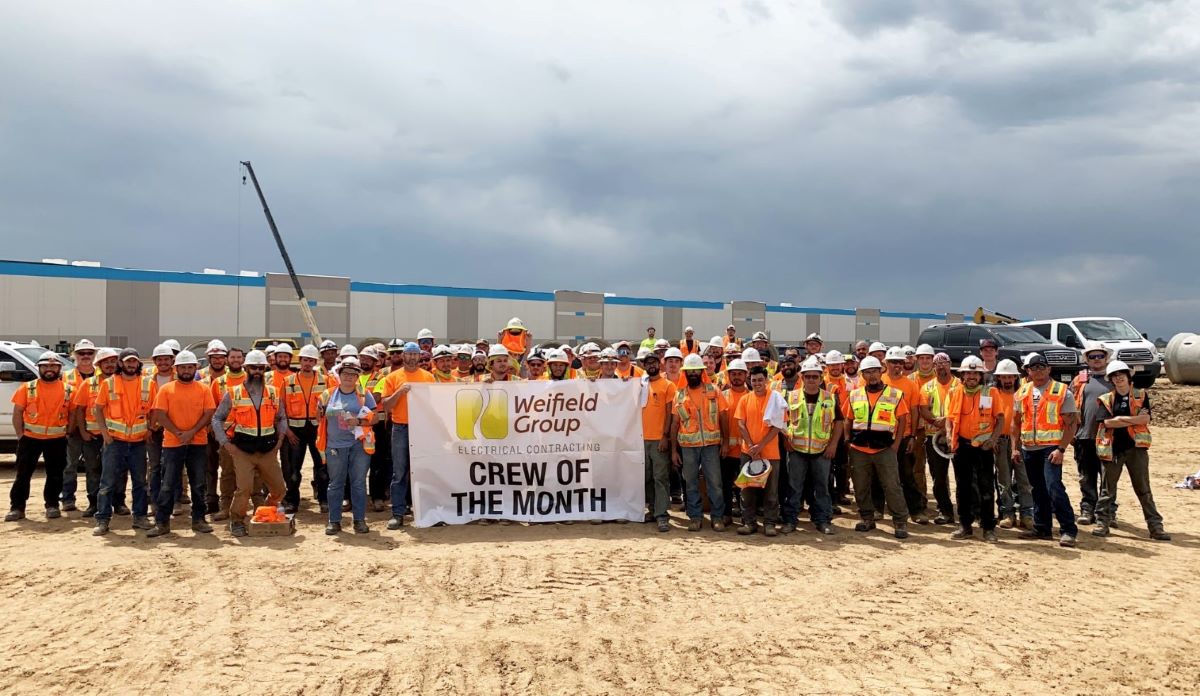
The second priority the co-founder stressed was the scale of influence in business. “Well, in business – it’s all about relationships.” As partnership and connections join together to help charitable causes and achieve unparalleled momentum. Particularly, at the firm – the leadership partnered with therapeutic and rehabilitation communities to start their pre-apprenticeship program. After that, through outlets and organizations, they publicize this program and get the word out to other businesses that also delved on how effective it is and looking forward to starting something of their own.
With many distinct relationships working together, Nugent continues, you can be an unstoppable force for good – it’s the big cycle of relationship influence you have in business that really moves the ball forward in ways you could barely imagine achieving on your own.
Entrepreneurship Story and Insights into the Market
With a can-do attitude, Seth Anderson – co-founder and Chief Executive Officer grows Weifield into a 617-employees company that is based in two locations of Denver and Austin, Texas. This is how the chief defines an entrepreneur: “Somebody willing to take risks and provide opportunities for others — and risk-taking is a big piece of that,” on a 2019 article of Business Journal he explains, entrepreneurship is about feeling the urge to equip leadership and mentorship to others, and it comes to people who are not only want to dream but also make big dreams happen. “Somebody with a can-do attitude who moves forward even if things do not look good.”
On top of that, the chief brings in one of his most valued lessons on being an entrepreneur and leader – it’s the powerful impact of reinforcing heart-to-heart conversations and not keeping things bottled up. According to him, leveling up communication games is not about solving emotional problems but rather straightening the mutual purpose and creating a win-win. “Our leadership team is working with this — even creating little notes to help with conversations as we’re rolling things out.”
The reward of this entrepreneurial roller-coaster he addresses is to be able to witness not only the growth of his company but also the people involved –including clients, employees, and their families.
Signs of a Slowing Down Scene
In a recent talk with the ENR, industry leaders gathered to discuss their standpoints on the current market and factors they see that might cause the boom to decline. In which conversation, Anderson also contributes his side of the story due to what his firm is experiencing.
Generally, many executives in the general contracting market are concerned that the private sector might begin to shrink. “We are seeing a pullback on private development, including apartments. To offset that, we have found there are a lot more public projects, schools, and water or wastewater projects,” Anderson explains.
Upon the situation, specialty contractors are rampantly doing their best to maintain good connections with clients and general contractors. However, workforce shortages have begun to put pressure on projects. “Relations with general contractors have been stressful due to the workforce shortage in the industry,” the chief explains how this inefficiency has made a chain effect to result in projects running behind, people getting burned out and fingers being pointed. According to Anderson, it takes a lot of effort to sort things out with general contractors and regain foundational trust.
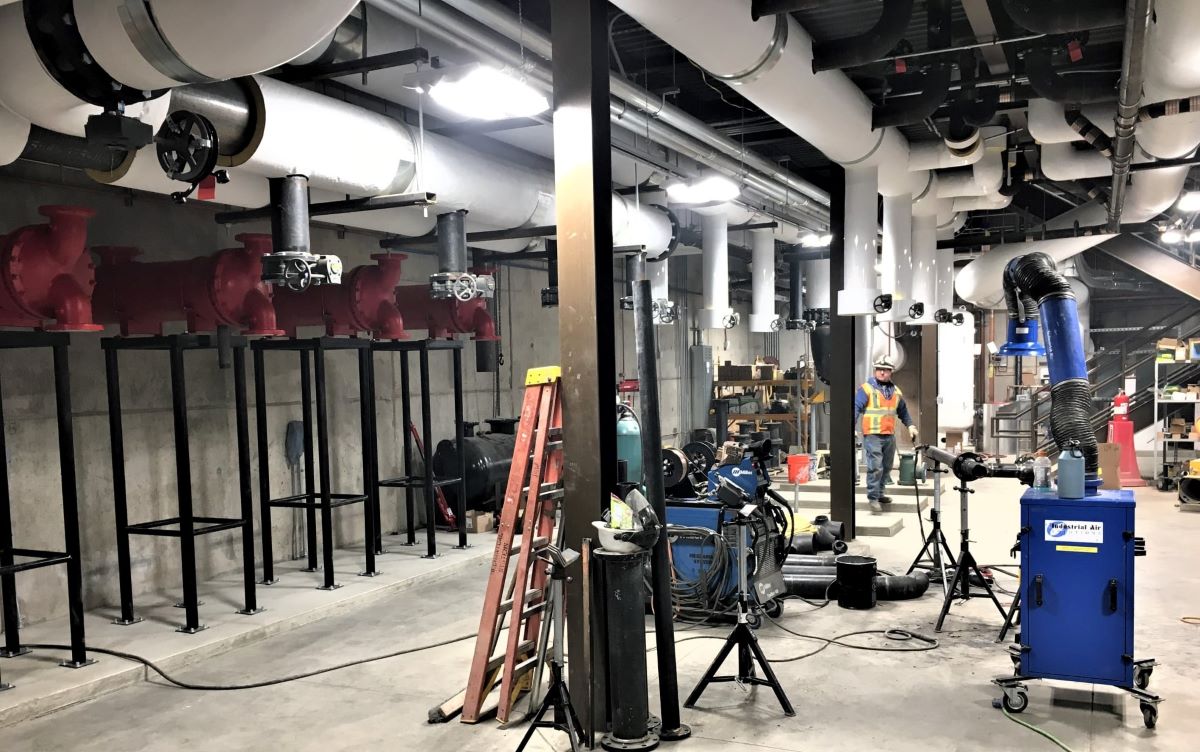
Toward this staff shortage, many subcontractors agree on the lack of recruiting effort as no one makes the time to inform young people of the available opportunities within the industry. More importantly, they also see shortages at the supervisory level. Therefore, career path programs are increasingly developed to train and cultivate foremen into supervisory positions.
“As a company, we have developed internal programs to help get people up to speed faster than the normal path,” the chief introduces his Weifield Upcoming Leaders Forum (WULF), where management target potential candidate, including in the prefabrication division. “Once we have a group doing things the Weifield Way, we will be able to increase our growth by having more people who can train, teach and mentor.”
Besides, technology adaptions are progressively adding specialty contractors in adding efficiencies to their processes to make up for shortages of builders on the job sites. Yet, to Anderson, it remains a difficult approach. “We are struggling in the construction industry to really take the new technologies and save efficiencies in the field,” he explains transparently how Weifield is using layout software, Building Information Modeling (BIM), onscreen takeoff, etc., – which have been around for years, and his team is working hard to figure out the predictability of projects based on the history they have.
The Bottom Lines
Being born in such a unique time, the company’s leadership team learned the compelling lesson of doing more with less. Particularly, through the little work of philanthropic effort, the firm cultivates in its community, employees, and customers its mission of being a good as well as friendly business with priorities to be set out and committed.

